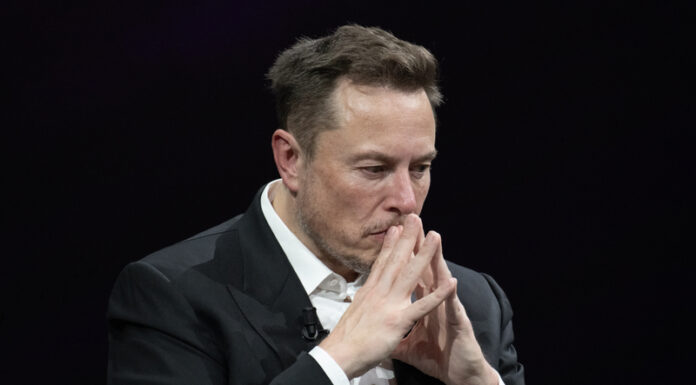Elon Musk has departed from the Trump administration following his leadership of a comprehensive initiative aimed at reducing the scope and size of the federal government. The billionaire entrepreneur’s exit comes after spearheading what sources describe as an ambitious effort to streamline government operations and cut federal spending.
The departure marks the end of Musk’s involvement in what had been positioned as a significant government efficiency drive. His role in the administration centered specifically around identifying areas where federal operations could be reduced or eliminated entirely, with the goal of decreasing government expenditure and bureaucratic oversight.
Details surrounding the specific circumstances of Musk’s exit remain limited, though the timing suggests potential disagreements over the scope or implementation of the cost-cutting measures. The administration had previously highlighted the government reduction effort as a key priority, with Musk serving as the primary architect of the initiative.
The government-slashing effort represented one of the most ambitious attempts to reduce federal operations in recent years. Musk’s approach reportedly involved comprehensive reviews of various federal departments and agencies, with recommendations for substantial budget cuts and personnel reductions across multiple sectors of government.
Sources familiar with the matter indicate that Musk’s departure was characterized as abrupt, with the entrepreneur expressing strong criticism of certain aspects of the administration’s approach. The nature of these disagreements appears to center around the pace and methodology of implementing the proposed government reductions.
The exit comes at a critical juncture for the government efficiency initiative, which had gained momentum under Musk’s leadership. His departure raises questions about the continuation of the federal reduction efforts and whether the administration will maintain the same aggressive approach to cutting government spending and operations.
Musk’s involvement in government operations represented an unusual arrangement, bringing private sector efficiency principles to federal administration. His background in streamlining operations at companies like Tesla and SpaceX was seen as potentially valuable in identifying redundancies and inefficiencies within government structures.
The government reduction initiative had targeted multiple federal agencies and departments, with preliminary recommendations focusing on areas where operations could be consolidated or eliminated. These efforts included reviews of regulatory frameworks, administrative processes, and personnel allocations across various government functions.
Sources indicate that disagreements may have centered around the timeline for implementing cuts and the specific departments or agencies targeted for reduction.
However, just this week, Musk publicly expressed frustration with the Trump administration’s recent tax and spending legislation, known as the “One Big Beautiful Bill.” In a CBS News interview, Musk criticized the bill for increasing the federal deficit, stating, “I think a bill can be big or it can be beautiful. But I don’t know if it can be both.” He argued that the legislation undermines the efforts of the DOGE by exacerbating the national debt instead of reducing it.
Musk’s departure from his role at DOGE coincided with the passage of this bill. While his term as a special government employee was limited to 130 days, his resignation came shortly after voicing his concerns about the bill’s fiscal implications. This timing suggests that his criticism of the legislation may have influenced his decision to step down.
With Musk’s exit, the administration faces decisions about how to proceed with the government efficiency initiative. The departure of the program’s primary architect creates uncertainty about whether the same level of aggressive cost-cutting measures will continue or if the approach will be modified.
The government-slashing effort had been one of the most closely watched aspects of the administration’s domestic policy agenda. Musk’s involvement had brought significant attention to the initiative, with his private sector background seen as bringing a different perspective to government operations.
Industry observers note that Musk’s departure could signal broader challenges in implementing large-scale government reforms. The complexity of federal operations and the various stakeholder interests involved in government functions present significant obstacles to rapid efficiency improvements.
The administration has not yet announced who will assume leadership of the government efficiency initiative following Musk’s departure. The continuation of the federal reduction efforts will likely depend on finding suitable leadership with both the expertise and authority to advance the cost-cutting agenda.








